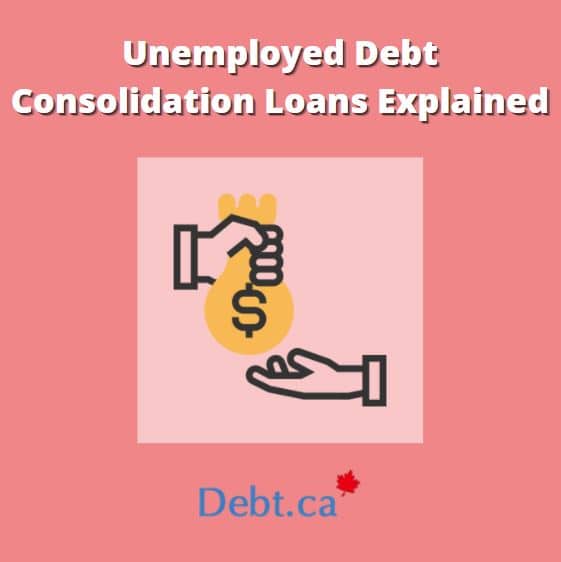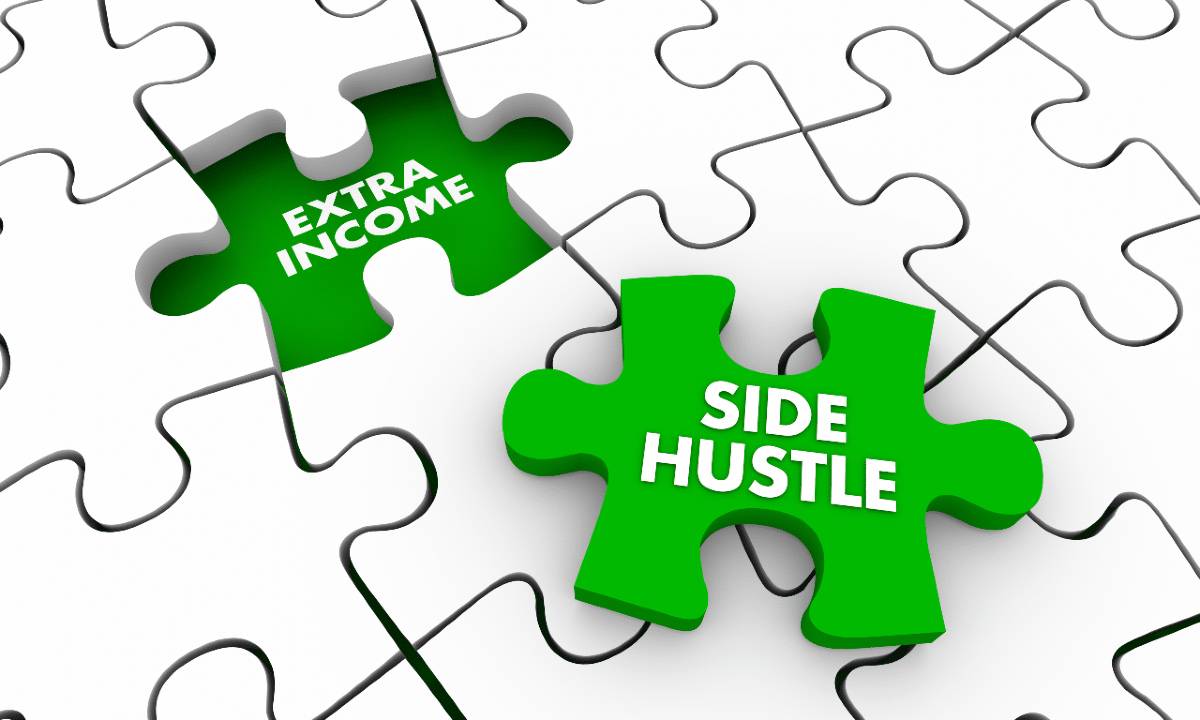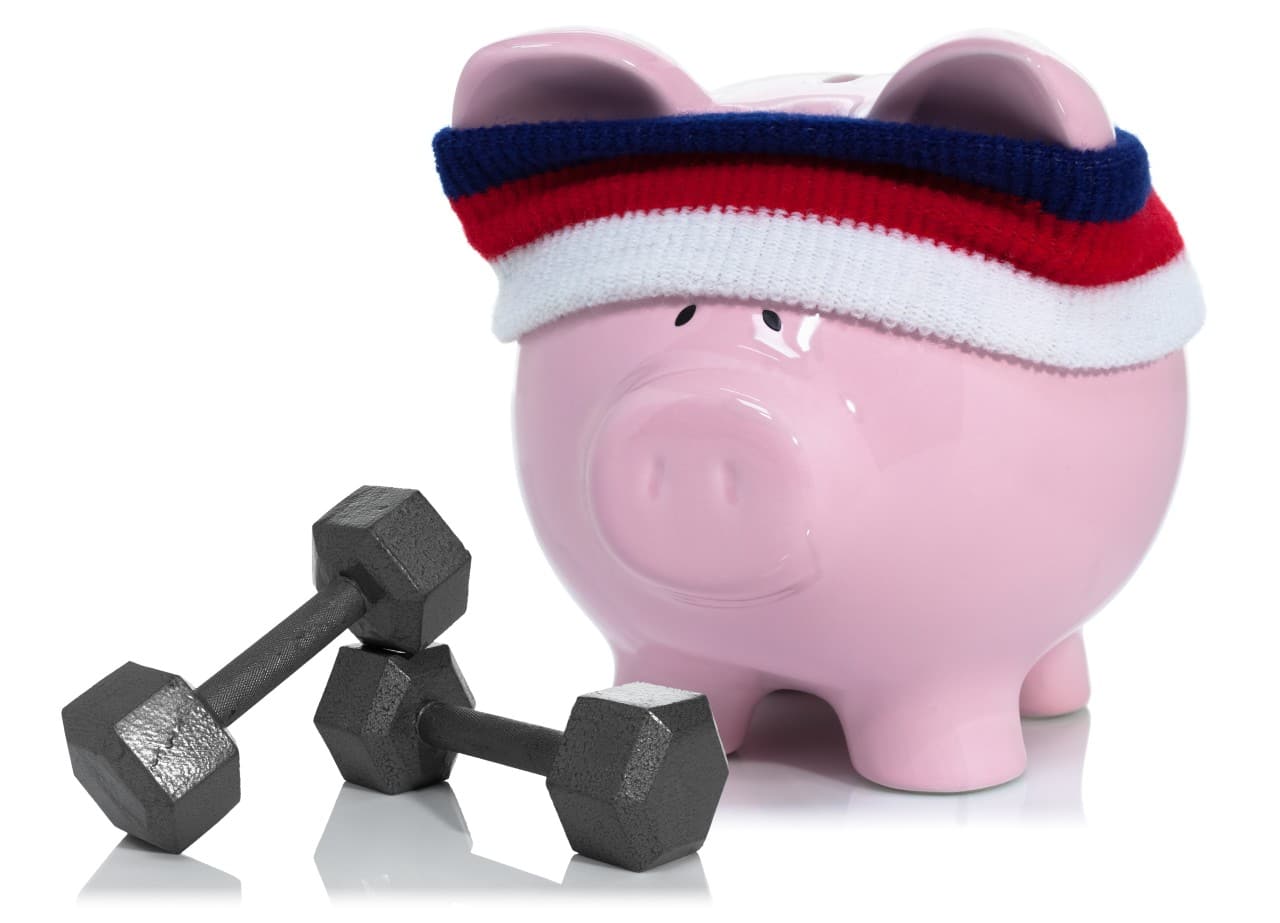For one reason or another, unemployment affects many people at some point in time in their lives. At the moment, the unemployment rate in Canada is 6.7%. Which is average, considering historical trends. Economic circumstances, such as the current tariff war, can make that number change quickly.
Unemployment, more often than not, is just a bump in the road. Even so, if you have a lot of debt when you become unemployed, it can make the bump feel like an insurmountable mountain.
Luckily, it’s more common now that many can get temporary relief for their biggest debt, their mortgage. However, not all creditors are so forgiving. Credit card balances, living expenses, and loan payments are a different story. They don’t usually cease, even if you lose your job.
If you start to pay late or miss payments altogether, your credit score can plummet, and your poor credit will make it difficult for you to access more financial products. Additionally, any loan products you access will likely be subject to high interest rates if you have poor credit.
Paying off debt while unemployed is difficult but not impossible. Let’s look at how debt consolidation might work if you’re unemployed.
What is Debt Consolidation?
Debt consolidation is a debt solution in which a lender consolidates all your debts into one single, monthly payment with a low interest rate. You borrow a personal loan (debt consolidation loan) to pay off your existing debts, and the lender bases the interest rate on your credit score. You’re responsible for making timely payments within an agreed-upon period of time.
Debt consolidation loans make it easier to pay off your debts since your principal and interest amounts are lower than usual. However, debt consolidation loans leave a negative mark on your credit report for a few years.
How Does Debt Consolidation Work If You’re Unemployed?
Although debt consolidation allows you to make a relatively lower, single monthly loan payment for all of your debts, you still need to make at least that monthly payment. Failure to make your monthly payments on a debt consolidation loan results in high penalties and fees. You also risk the loan going to a third-party collector if you default on your payments.
Affordability is the most important factor in choosing a debt consolidation loan. No matter the scenario, you must be able to afford monthly payments after taking out a debt consolidation loan. Many debt consolidation lenders have experience working with people who have unique, complex financial scenarios. Poor credit and unemployment aren’t novel qualities in a borrower.
Debt consolidation loans only work while unemployed if you have a way to make your monthly payments. Here’s how you can make debt consolidation work while unemployed:
Evaluate Alternative Sources of Income
If you lose your main source of income, it’s important to consider any other income sources that can support you in making your monthly payments. Other possible sources of income include:
Employment Insurance (EI): In Canada, most employees pay into EI. When you lose your income for a qualifying reason, the federal government issues bi-weekly or monthly EI benefit payments to you. Account for these payments in your budgeting when considering a debt consolidation loan.
Family and Friends: If you have any family members or friends who wouldn’t mind supporting you throughout your unemployment, you might consider that support as an alternative source of income, even if that support is short-term.
Severance and Vacation Pay: If your employer lays you off, you might be entitled to cash out your vacation time, as well as severance pay. Vacation is usually 4% of your pay, while severance amounts depend on how long you worked for your employer.
Sell Items: It’s very easy to sell things you’re not using. Facebook Marketplace and Kijiji are the most popular.
Gig Work: While you’re searching for another job, signing up on a gig platform like Skip the Dishes or Uber can help fill in the gap.
Life Insurance: If you have a life insurance policy, you might consider borrowing money from it to cover your living expenses.
Other Insurance: If you opted for credit card insurance, mortgage insurance, or loan insurance, you might have financial support if you lose your job. Make sure you examine your insurance policies carefully to see if you’re eligible.
Be Honest with Your Lender
When applying for a debt consolidation loan, make sure you give your lender all the details of your financial situation. If you lost your job, tell them right away. Tell them about any sources of income you might have, as well as:
- How much money do you have in your bank accounts
- The amount of time you can realistically make your payments (months)
- The amount of income you would need to cover the payments in future
A lender might offer a lower interest rate or lower monthly payment if they’re aware of your personal circumstances.
Other Options for the Unemployed to Pay Off Debt
Unfortunately, debt consolidation only works if you can access enough funds to make your monthly loan payments. This is true for all debt consolidation loans, even if you have good credit. Without enough income to support your payments, you might be better off with a different debt solution. Some other debt-relief options are:
- Debt Settlement
- Bankruptcy
- Credit Counselling
Tips
- Talk to your creditors early. The sooner you speak to them, the more options you’ll have at your disposal.
- Avoid reusing any of the credit that has been freed up from doing a consolidation loan. This will only compound the issue.
- Don’t wait long to reevaluate your budget. Make note of anything, such as subscriptions, that you can live without for a while. Put a temporary pause on those accounts.
Conclusion
In an unpredictable world, unemployment takes many people by surprise. Even people with a strong credit history might face unemployment while they still have debts to pay. If you’re unemployed and considering debt-relief options, speak to a credit counsellor to learn more about unemployed debt consolidation loans and other options.









